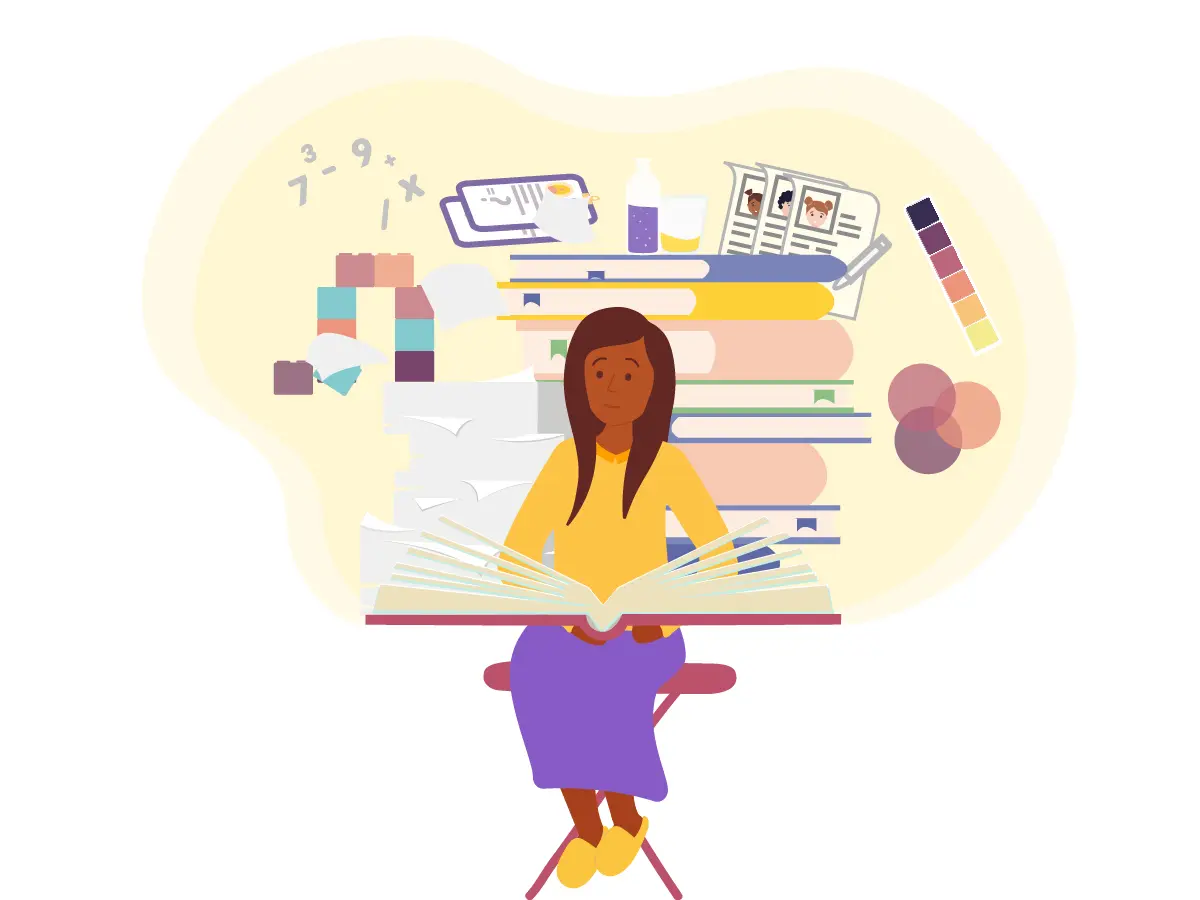settings
children
With Famly since
Being an effective Early Years practitioner and educator is a complex process.
As we get to know and understand the children we work with, we are constantly reflecting on and adapting what we do to ensure every child makes progress in their areas of learning and development – becoming more knowledgeable, skilled, thoughtful and confident.
Understanding and being able to explain to staff, parents and carers, and the wider world how we do this is really important, and one crucial way of understanding the process is by recognising three key elements of Early Years practice – Curriculum, Pedagogy, and Assessment.

What is the difference between curriculum, pedagogy, and assessment in the early years?
Although they are intricately linked, and all contribute to what we do, Curriculum, Pedagogy, and Assessment do have separate functions:
Curriculum is the content, the ‘what’ that we want children to know. We all have aspirations for what we want children to know and be able to do. This is usually a mixture of what an external ‘prescribed’ curriculum – such as the statutory framework of the Early Years Foundation Stage (EYFS) in England – sets out as early learning goals or outcomes, and what we value as educators and know children need in order to be successful in the widest sense. You now can create, edit, improve, and document your curriculum in Famly.
Pedagogy is the process we use to teach children – or in other words to ‘deliver’ the curriculum. We adapt our activities, questioning, conversations and even our choice of resources to help shape a child’s own way of gaining the knowledge, skills and behaviours they need.
Assessment is how we know this is working, and how we understand the children well enough to understand what ‘curriculum’ they need and what ‘pedagogy’ is likely to be most effective in delivering it.
Who is the Curriculum for?
The recent (re)emphasis on the EYFS Curriculum has become an intense focus for debate, especially in Early Years where that curriculum has to be about more than just acquiring knowledge. It also needs to include the learning of key skills and behaviours and support social and emotional development.
This debate has rightly shifted to looking very carefully at a new, responsive curriculum that meets the needs and supports children who have found themselves in unique, unprecedented circumstances.
But still, the process of looking clearly at the content of what children need to learn, and ensuring that it is necessary, appropriate and meaningful is an important self-reflective task and one of our key responsibilities as educators.
As children return, settle and thrive, re-adapt to their environment and forge their identities while making sense of this changed landscape, we will need to continue reshaping and refining what we do. Because we need to make sure that their needs are being met and that their progress – in all the aspects we consider to be important – is being planned for and delivered.
As a key reference point to help you start thinking about your own curriculum, investigate the future and what children are about to transfer over to their next setting, class, or room and ask ourselves questions like:
- What is it we want for these children in terms of their learning, development, and care?
- What do we want them to know and be able to do?
- How do we want them to ‘be’?
- How does our nursery curriculum support children's transition to reception classes?
Why your curriculum shouldn’t stay the same
In order to do this, we need to remember that the curriculum doesn’t have to remain the same – it is something fluid and constantly developing.
Children do not ‘finish’ the curriculum or complete the EYFS framework, but continually add new knowledge and skills and critically deepen their understanding of what it all means to them. That’s why children should apply their ‘ownership’ of the curriculum content and then use it to further their understanding. Our role then is to provide opportunities to support them where appropriate, challenge them where appropriate and constantly assess it so that progress is ensured.
Our assessment of children will help us decide how and what this might be and in turn influence the pedagogy of how we can make it happen.
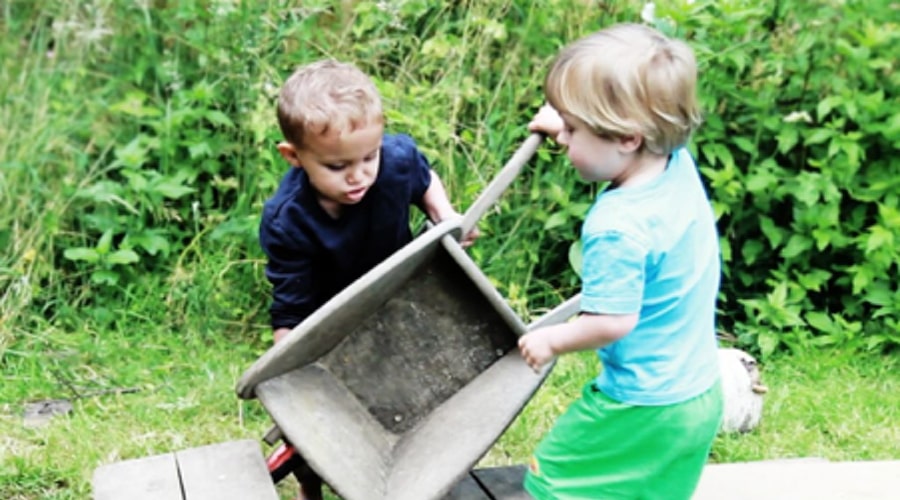
The Curriculum and ‘next steps’
This whole process is sometimes described as ‘next steps’ in learning but this must not be interpreted as a simplistic ‘ticking off’ of one statement of Development Matters after another. It is much more about developing a broad and deep understanding of how a child engages with the aspects of the curriculum that we have decided are important and how they progress and develop.
It’s also how we ensure they can secure the knowledge and skills they need while also being confident that the child ‘owns’ and makes sense of them. As with the difference between assessment (knowing and understanding a child) and recording (documenting aspects of this), this understanding of ‘curriculum delivery’ is not a paper or electronic exercise but how we develop an intuitive, responsive and informed reaction to taking children’s learning and understanding forward.
Let’s take a look at this process in practice, in order to understand how our thinking needs to work and to be aware of how the decisions we make need to be taken.
Curriculum example one
Specific area of learning: Mathematical development – counting
So if we start with a concrete example of curriculum intention, Mathematical Development – Counting, we can see how this concept develops and progresses.
The bullets below are not an exhaustive list, but should give you a simple overview as an example of what the progression and development of counting might start to look like in practice. What’s important here is that it accumulates and deepens at each informal stage, but it remains a clear ‘outcome’ too. This is the nature and purpose of Curriculum:
- Showing an awareness of different amounts of objects
- Being familiar with the language of number
- Knowing that numbers relate to amounts of objects
- Understanding that numbers have names
- Knowing the sequence of numbers
- Counting small amounts of objects one at a time
- Understanding that the last number is the amount in total
- Counting larger amounts of numbers
So as educators, we should have these informal stages ‘internalised’ so that we are ready to see them in practice and make a judgement about how secure and confident a child is with it (assessment).
Then, we can make a decision on whether or not it’s ready to be extended to the next informal stage – with new knowledge and skills, or whether it needs deepening for the child so that they are fully secure. At this point it’s about considering how best this would happen, what activities, questioning, provocation and possible resources might help us to do this (pedagogy)
The big ideas
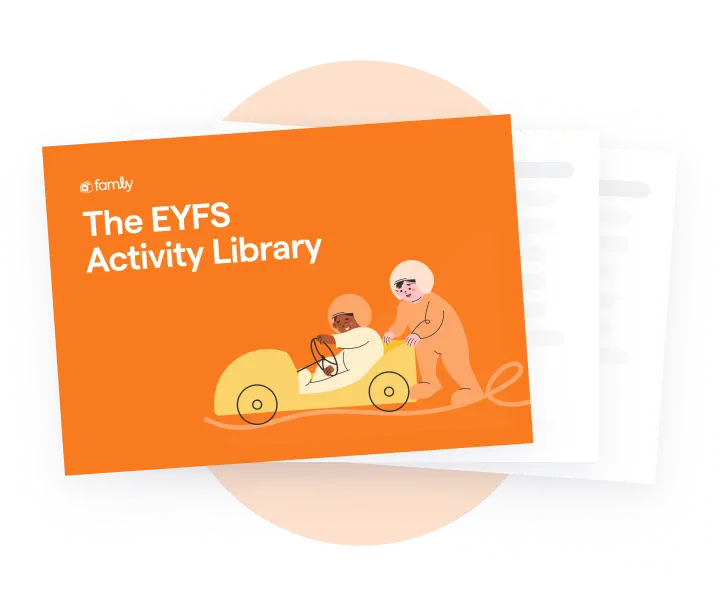
Specific stage: Counting small amounts of objects
Let’s try to understand this in action by taking a specific stage from the list above.
Take for example the statement ‘Counting small amounts of objects one at a time’. A child might start doing this as a self-led activity, possibly wordlessly, arranging a small number of objects together.
As the adult you might notice this and model counting them out loud and encouraging the child to do so as well. Still exploring the concept, you know that it would probably not be appropriate to extend the amount of numbers at this point, so your next action would be to provide a range of additional opportunities to deepen the skill on a small amount of objects. You could try reinforcing this sensitively in different contexts, asking the child to give you 2 or 3 of something, and ensuring that during number rhymes or stories with numbers you’re consistently reinforcing the idea and making it explicit.
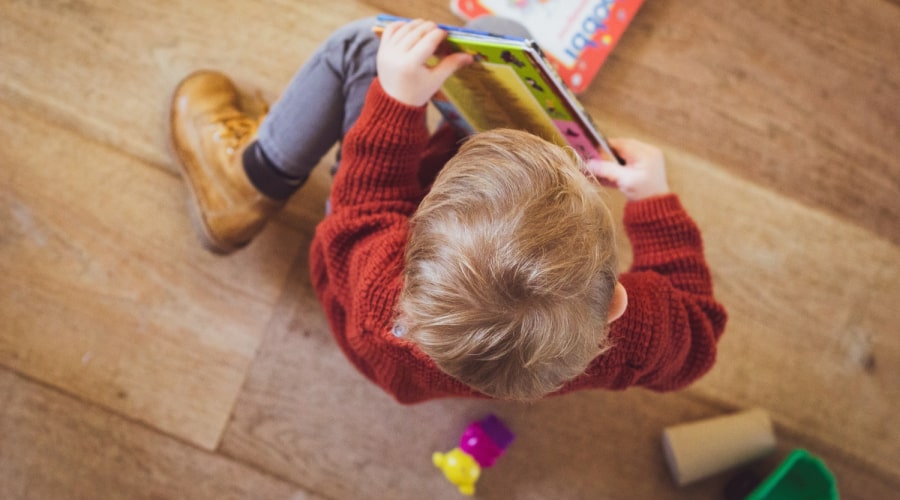
Following all of this support, challenge, reinforcement and rehearsal, you’ll then be able to decide (through ongoing observational assessment and your knowledge and understanding of the child) when it would be appropriate to move the expectation forward, to the ‘next step’ of larger numbers.
This isn’t a formal ‘next step’, as much of what I have described happens continually and alongside many other aspects of learning and development. Instead, it’s a decision that the child’s progression in this one area is ready to be extended. It’s also crucial to acknowledge the importance of opportunities for ‘deepening’ their understanding before this and that knowledge of this concept isn’t defined by a single activity that is ‘completed’ but a professional judgement made over time and with careful consideration.
Curriculum example two:
Specific area of learning: Personal, social and emotional development - resilience
Although the principles I just described are the same across all aspects of learning, we need to be aware that some of the most important aspects of an Early Years Curriculum often appear to be less linear in nature and more about supporting critical learning ‘behaviours’.
While the process and approach to teaching behaviours may be significantly different, it’s still vital that we identify them within our own requirements of a curriculum. It gives behaviours the value and status they need, setting them alongside the equally important knowledge and skills required to be able to count as described in the example above.
On top of that, we need to be prepared that these aspects do also require a progressive development as detailed below – one that supports, challenges, and extends the idea, while reflecting and being informed by our pedagogy in an equal way.
Let us take, for example, the idea of ‘resilience’ – an attribute and behaviour that we all seek to introduce and develop in the children we work with. Essentially, resilience is the ability to cope with setbacks and ‘bounce back’. It’s about persisting in an activity, situation or challenge and remaining committed to completing or resolving it despite any unexpected difficulties that come about. We want children to persevere in what they are doing and utilise other knowledge and skills to continue their learning.
So how might this look as a progression in a curriculum context?
- Motivation to move, explore, investigate.
- Select the use of a particular resource or activity and persist for a period of time
- Set individual goals or their own objectives and pursue them until they’re achieved
- Restart or modify self-led activities when challenges occur
- Respond to external challenges – from adults or peers – and adapt activities and goals accordingly
- Respond to questions and provocations from adults and peers
- Be able to articulate how challenges and setbacks were resolved or addressed
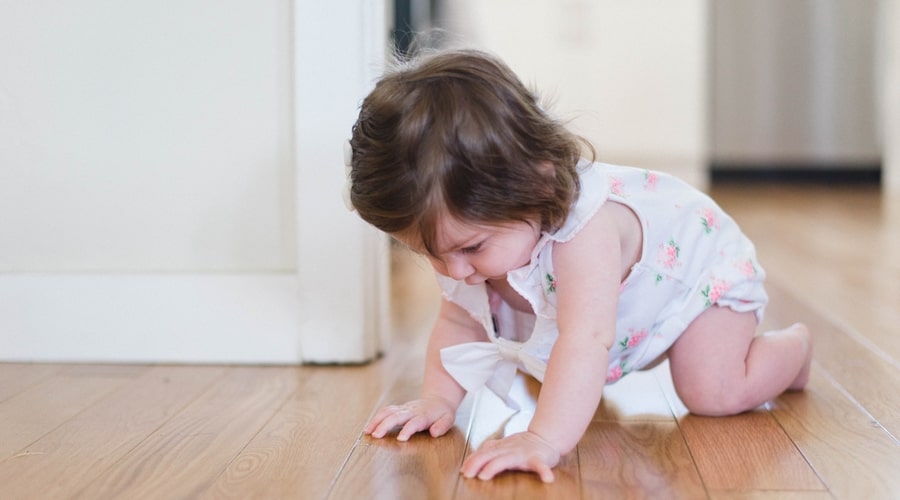
How do we support and challenge resilience with our pedagogy?
It is unusual for babies and toddlers to lack persistence in mastering physical skills and exploring the world around them, so if this does happen you need to respond by ensuring that there are ample opportunities for the children to do this.
In a secure environment with plenty of possibilities, children will motivate and manage themselves to achieve their self-led goals. As children develop, this behaviour becomes more sophisticated and complex, and they have a bigger range of knowledge and skills to draw upon. At this stage, you can start to help by setting up challenges that might nudge the child out of their ‘comfort zone’, into a ‘manageable difficulty’ that they will need to think about in order to resolve.
Again, as an adult who knows and understands the child, you need to judge success would look like, and extend thinking and persistence without making it disheartening and impossible. Careful scaffolding, modelling and above all encouraging talk to accompany difficult moments are key aspects of supportive pedagogy which will extend the behaviour.
Understanding Curriculum as the core part of everything we do and how the things it contains are seamlessly woven into our interactions and reflections, enable us to become more confident about describing the process and the impact of what we help children to achieve. Its objective of deepening a child’s understanding and ensuring a proactive appropriate progression drives the imaginative, inspired pedagogy that makes this real and leads us to reflect – through assessment – on the difference we have made.
Try learning journals for free
Add observations, and build digital learning journals to share with families instantly. All with your completely free 14-day trial.
Get started






